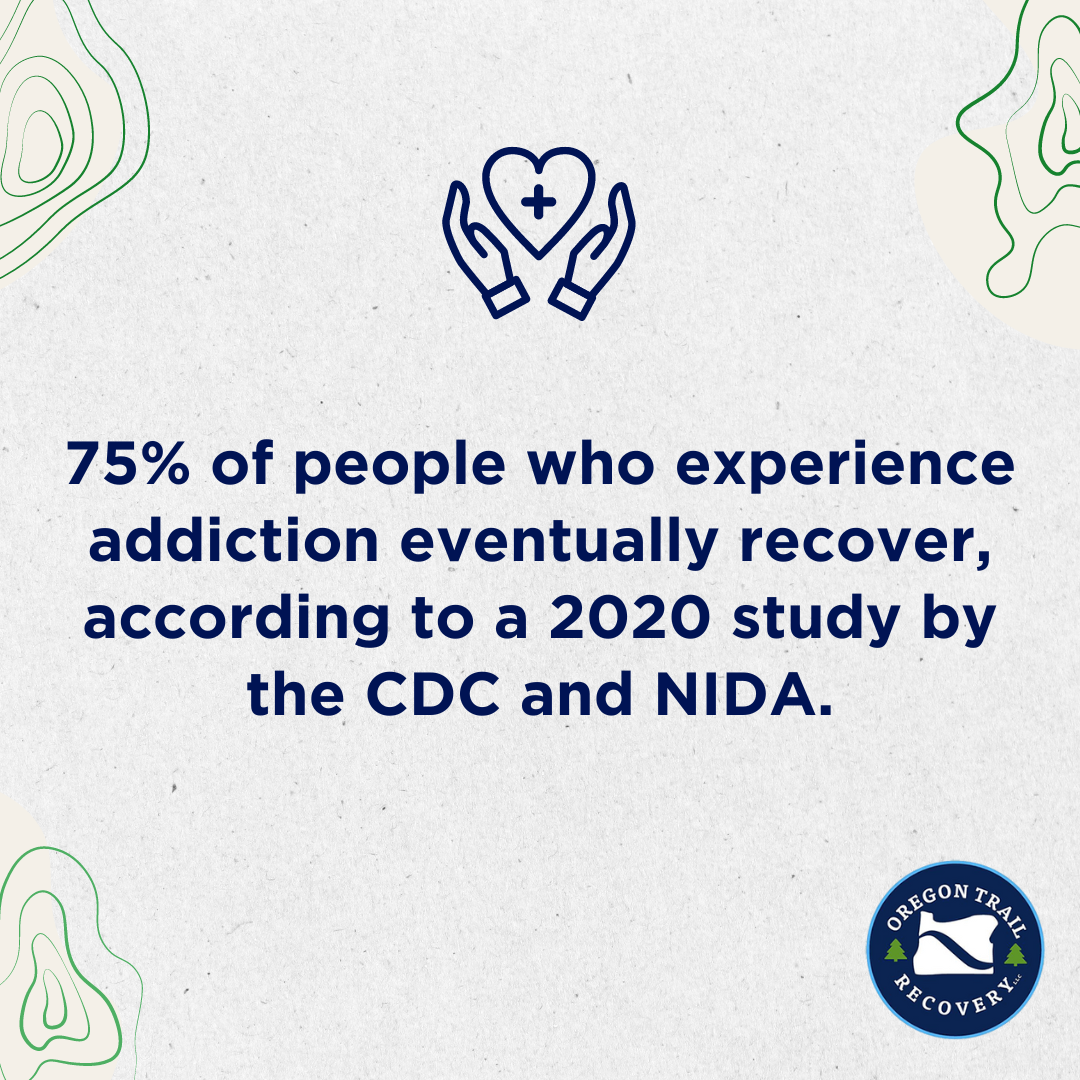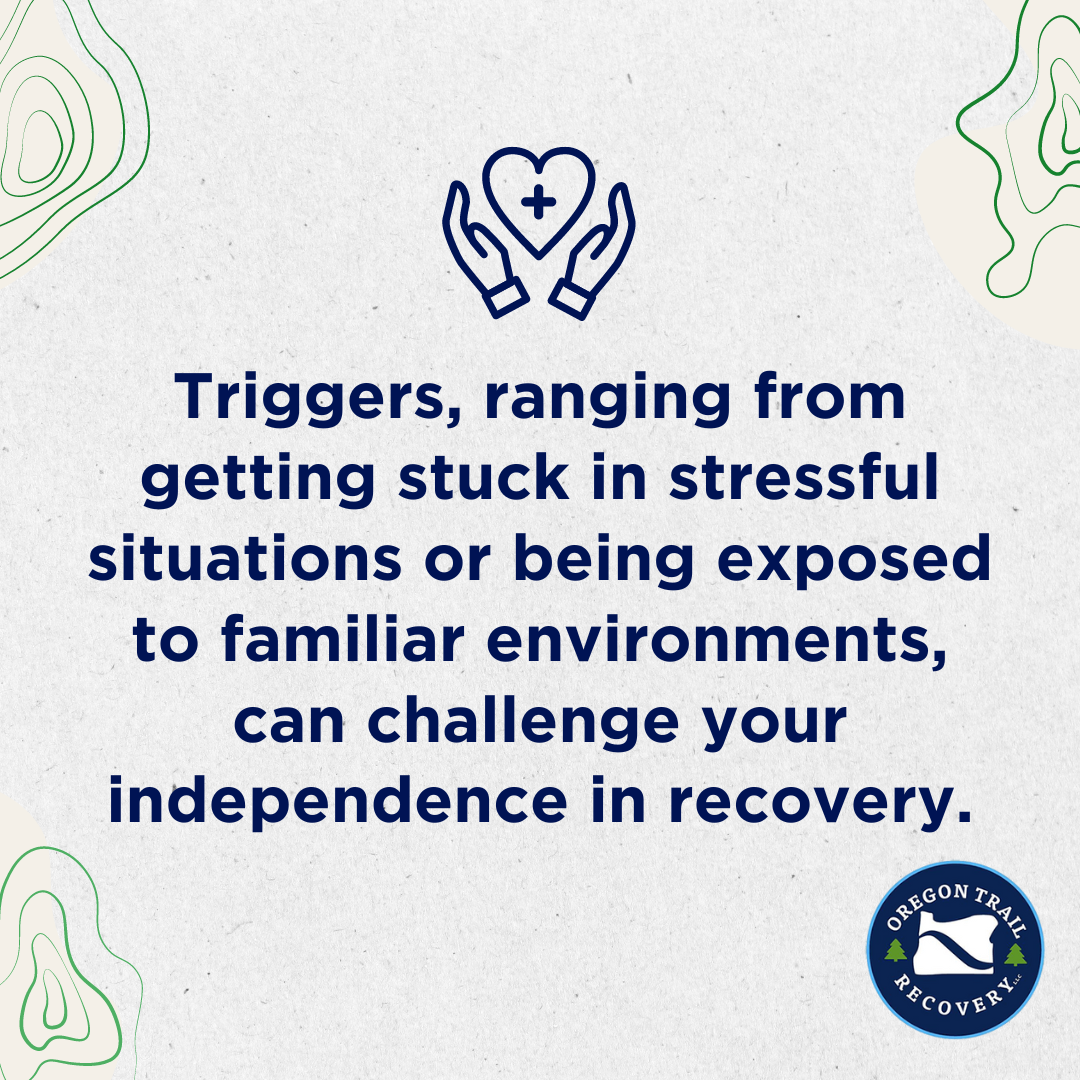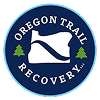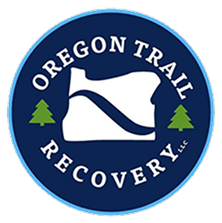Practicing Independence in Recovery
About 75% of people who experience addiction but eventually recover, according to a 2020 study by the CDC and NIDA. So, while addiction remains rampant, there’s a gleam of hope. And when aiming for lasting sobriety, finding independence in recovery is essential.When you regain autonomy, you improve your chances of staying free from substances. Not to sound too trite, but it does give you the strength to manage life’s challenges and feel empowered to make healthier choices.Here, independence means taking responsibility for your actions, making informed decisions, and building a life you control. This blog will offer practical tips and strategies for reclaiming your independence while maintaining sobriety. Keep reading!

Independence in Recovery
Independence in recovery is essential, primarily because it fosters self-reliance and accountability. Here, you will learn critical life skills and discover practical strategies for navigating life without relying on substances.In the process of learning such skills and strategies — and consistently applying them to your everyday life — you will get that much-needed self-esteem boost. When you make decisions and benefit from them, you will experience a sense of fulfillment. Ultimately, it reinforces your belief in what you can accomplish.In the long run, all these improvements will help you prevent relapse. You will develop problem-solving skills, which are essential in avoiding your addictions and resorting to healthier coping mechanisms. Meanwhile, skills like managing finances and maintaining healthy relationships will also strengthen the foundation for a substance-free life.

Challenges to Practicing Independence in Recovery
Consider recovery an important step toward achieving a life-long personal “Independence Day.” However, this comes with its own set of challenges. Here are some of them:
Overcoming Fear of Failure
One major challenge you will encounter is overcoming the fear of failure. It’s understandable why many individuals in recovery fear making mistakes or falling back into old habits. Nonetheless, you must understand that this fear can hinder your ability to take risks and fully embrace independence.
Dealing with Triggers
Triggers, ranging from getting stuck in stressful situations or being exposed to familiar environments, can challenge your independence in recovery. This is why it’s crucial to identify and manage your specific triggers. Developing coping strategies, like mindfulness and healthy distractions, can help strengthen your resolve.
Managing Responsibilities
Taking on new responsibilities in a regular scenario can be taxing. It becomes more challenging if you’re doing so while recovering from substance misuse. Balancing work, relationships, and personal health requires strong organizational skills and time management. Therefore, you must prioritize tasks and seek support when needed.
Building a Support Network
Creating a strong support network is essential yet admittedly daunting. It involves reaching out to family, friends, and support groups for encouragement and accountability. Engaging with others who understand your journey can provide valuable insights and motivation. Attending group therapy sessions during outpatient treatment also goes a long way.

Strategies for Building Independence
So, given the challenges above — how do you build independence? Consider these strategies:
Set Realistic and Achievable Goals
Break larger objectives into smaller, manageable steps. This approach allows you to track your progress and celebrate small victories. Along the way, you get to build your confidence and motivation. Consistently achieving these goals also showcases your ability to take charge of your recovery and your life.
Develop Problem-Solving and Decision-Making Skills
Want to build independence? Practice analyzing situations, weighing options, and making informed choices. This skill set helps you handle everyday challenges and reduces reliance on others. Engaging in activities that require critical thinking, such as puzzles or strategic games, can also improve these abilities.
Establish Routines and Structure
Getting independent, especially while recovering, is not an overnight process. To help you achieve and maintain independence, you must have a well-structured routine. This provides stability, reduces uncertainty, and empowers you to stay focused and disciplined. In your routine, include activities that promote physical, emotional, and mental well-being. For a start, exercise regularly, eat balanced meals, and get sufficient sleep.

Practical Tips for Practicing Independence
Learning life skills to help you become independent in recovery is one thing. Practicing them is another. This section is dedicated to discussing practical tips.
Creating a Personal Action Plan for Independence
To do this, outline your short-term and long-term goals. Then, break them into actionable steps while identifying the resources and support systems you need. Your action plan is a moving document. This means you must regularly review it and adjust accordingly to stay on track. By having a structured approach, you can stay focused and motivated.
Tips for Managing Daily Tasks and Responsibilities on Your Own
While challenges exist, treat every day as an opportunity to grow. Here are tips to follow:
- Create a daily schedule. Don’t forget to include time for work, self-care, and leisure activities.
- Utilize planners or digital apps to organize your tasks and set reminders.
- Avoid overwhelming yourself by focusing on tasks based on importance and urgency.
- Practice time management by setting specific times for each activity to ensure a balanced, productive day.
- Try sticking to your regular routines to build habits and reduce stress.
The Importance of Financial Independence and Budgeting
Amid all these tasks, there’s another important aspect to consider: Achieving financial independence. For this, budgeting plays an essential role.Start by tracking your income and expenses to get a good grasp of your financial situation. Create a budget catering to your financial liabilities (e.g., debts), necessities, savings, and leisure. Avoid impulsive spending and keep your eye on long-term financial goals.
Regain Your Independence, Reclaim Your Life
Building independence in recovery is vital for achieving long-term sobriety and personal fulfillment. By setting realistic goals, developing problem-solving skills, and maintaining a structured routine, you can take control of your life and stay free from substances. Embracing financial independence and effectively managing daily tasks further strengthens your motivation.With determination and the right support system, you can navigate these obstacles and build a fulfilling life. At Oregon Trail Recovery, we’re here to support you every step of the way. Regain your independence and reclaim your life. Contact us today!







